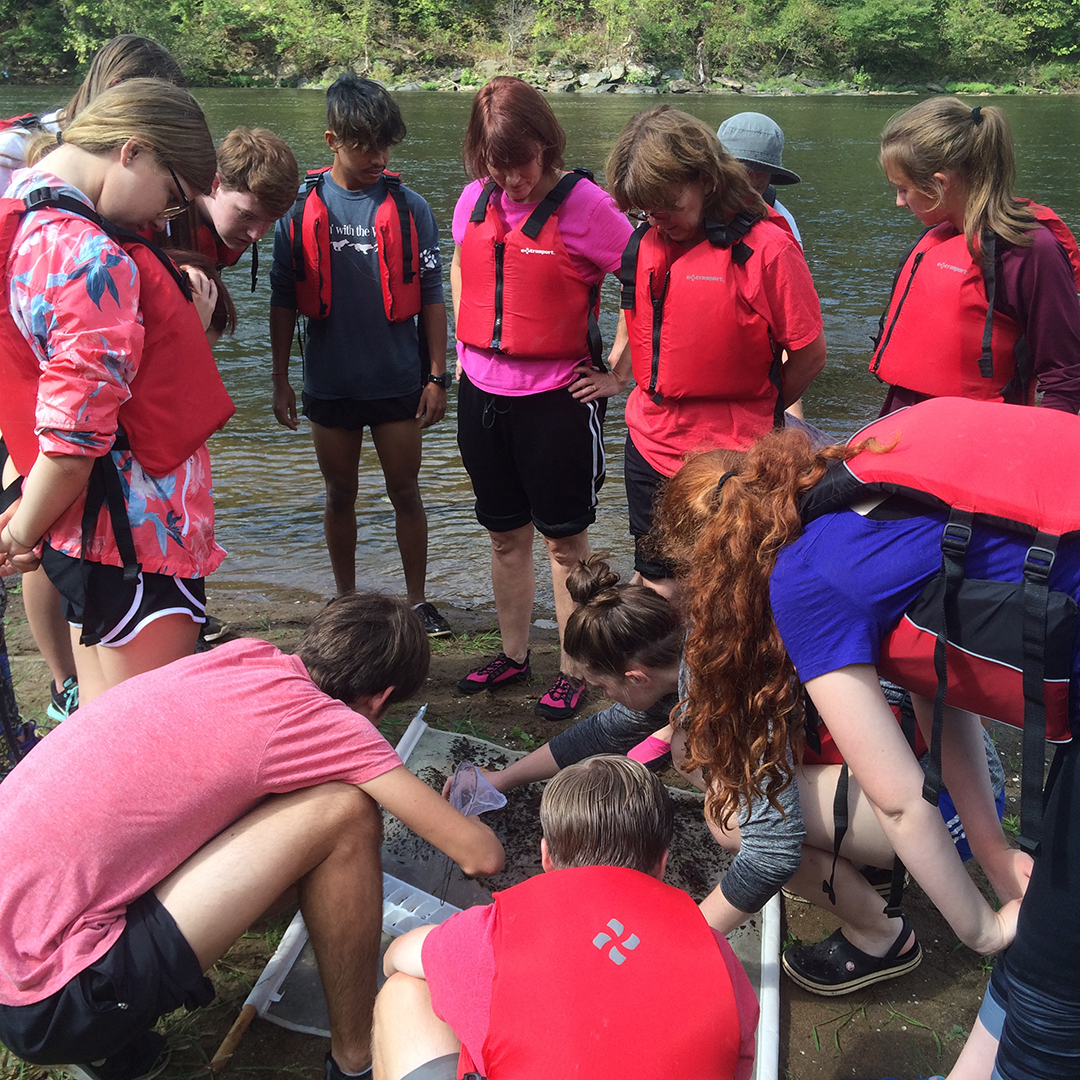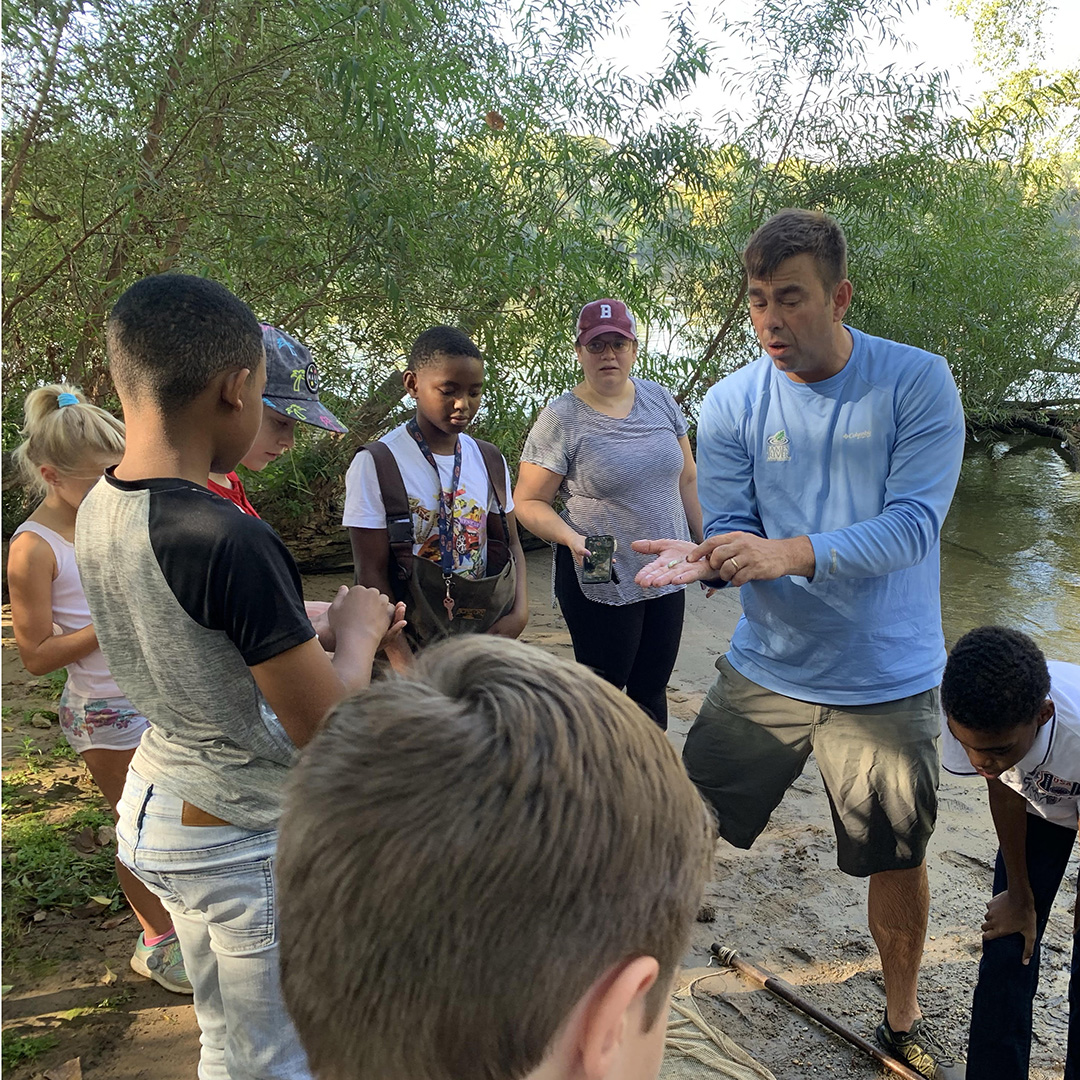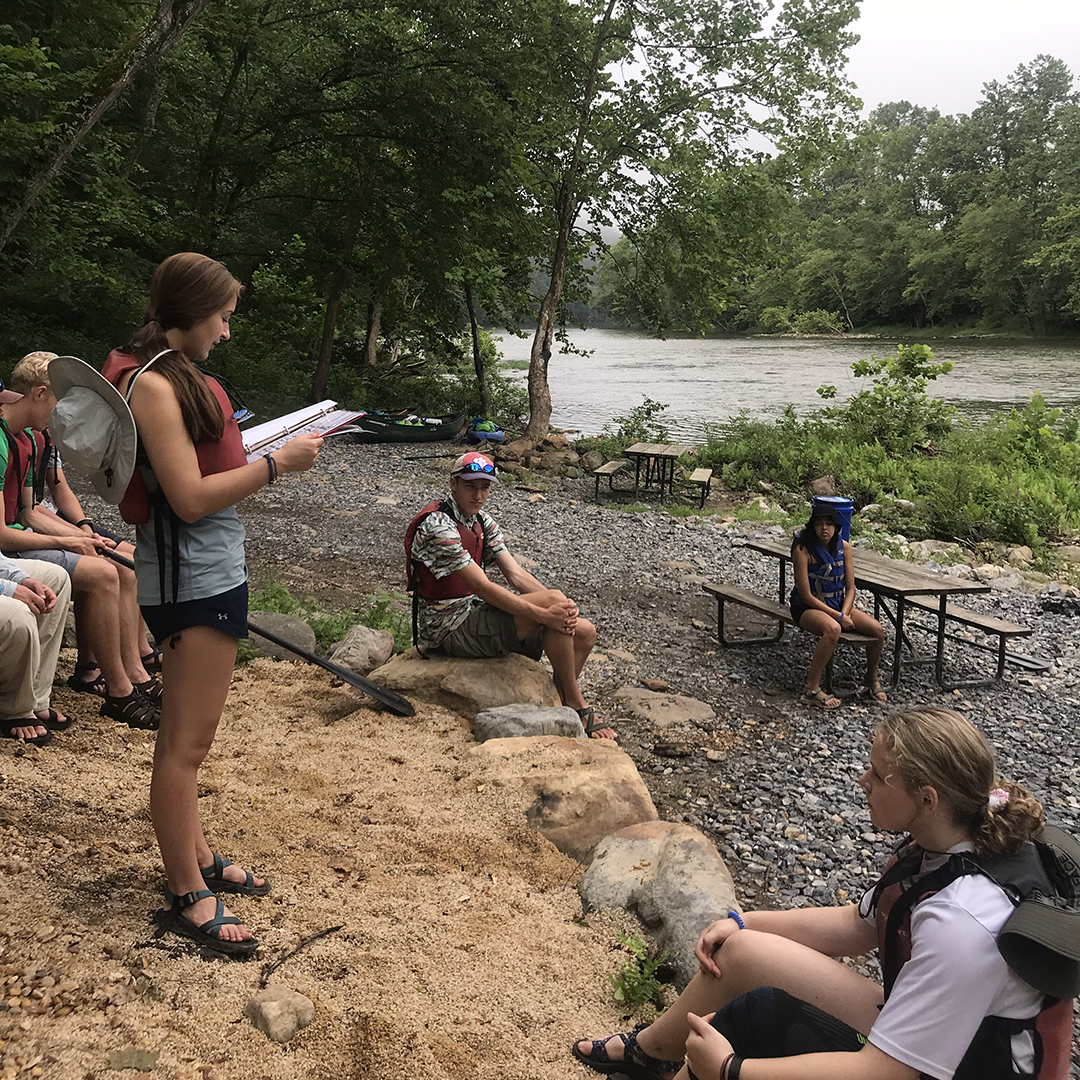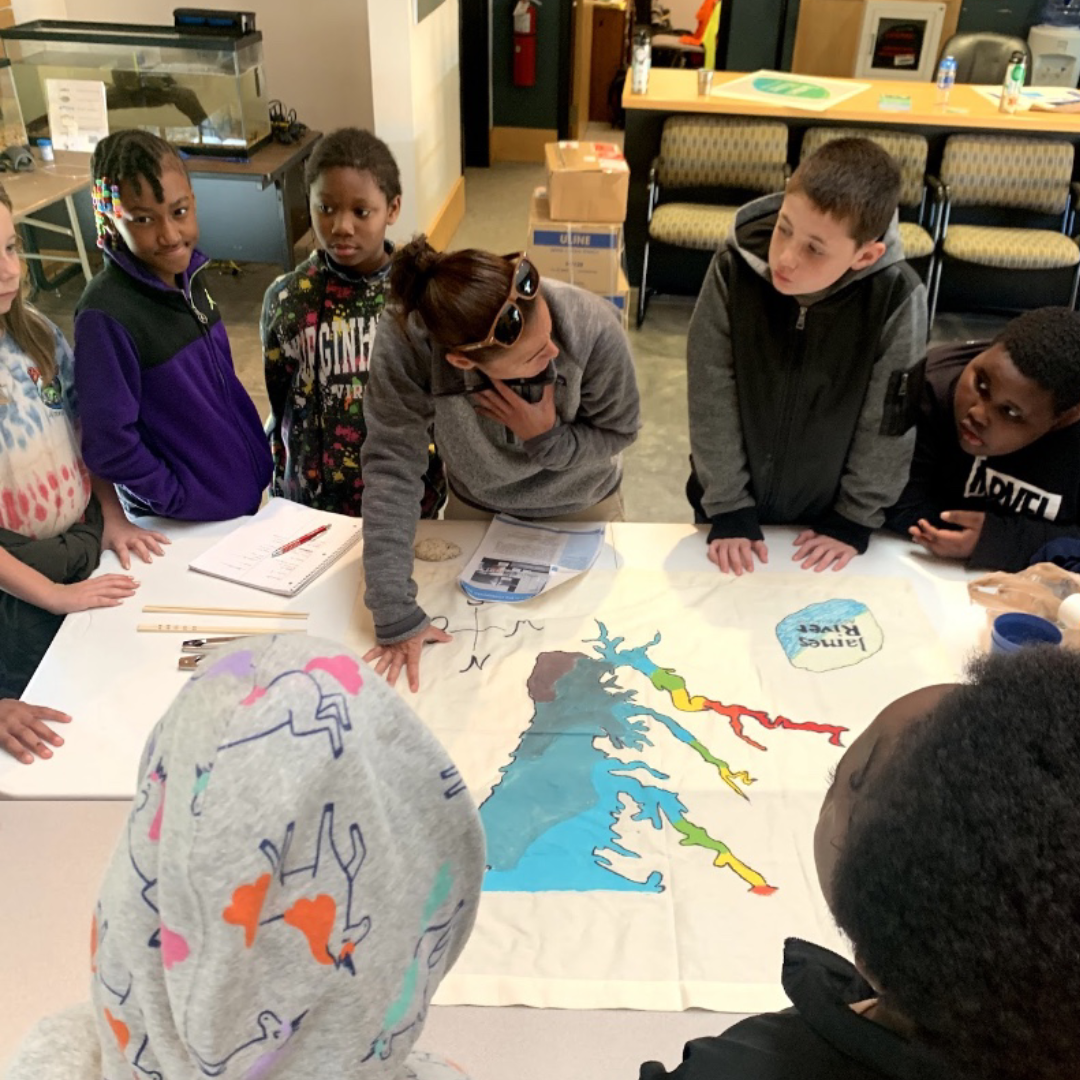Virtual Classroom
Elementary Resources
Elementary age lesson plans and activities to learn more about our environment and natural world.
Middle School Resources
Lesson plans and activities for Middle School age environmental science and ecology education.
High School Resources
Environmental education resoruces geared toward High School aged students.
Other Virtual Resources
Online websites and virtual environmental education resources for all ages.
Environmental education is vital to connecting students to our natural world and developing an understanding of how our actions affect our natural environments. Fostering environmental responsibility and awareness does not fall on teachers alone, but should be a community-wide obligation. In the classroom, your own home, or outside on a nature walk all present opportunities for learning.
The below education programs are designed to build knowledge and awareness of environmental issues and build skills to develop actions we can all take to improve and sustain and protect our environment.
360 Degree Scavenger Hunt
Abiotic vs. Biotic Factors
Define and differentiate between Biotic and Abiotic factors in an Ecosystem and how these factors interact with each other. Click for lesson plans, activity and questions, and answer key.
Watersheds and Food Chains
Encourage your students to watch this video produced by Henrico County Public Schools with James River Association educators. Use this worksheet (word) (pdf) to follow along and answer questions.
Fish of the James River
Research and define four fish species found in the James River.
Fish of the James Worksheet (Word Document (PDF)
Fish of the James River Middle School Answer Key
360 Degree Scavenger Hunt
Watersheds and Food Chains
Encourage your students to watch this video produced by Henrico County Public Schools with James River Association educators. Use this worksheet (word) (pdf) to follow along and answer questions.
Mussels of the James River
Students will learn the ecological importance of filter feeders in the river. Students will explore the characteristics that make mussels filter feeders. Virtual Classroom: Mussels of the James River.
Tributaries of the James River
Travel virtually with JRA Environmental Educator and Master Captain, Aaron Bouchard, as he enjoys a solo canoe trip on Turkey Island Creek – one of the James River’s most beloved tributaries. Virtual Classroom: Tributaries of the James River
Biotic Water Quality - Macroinvertabrates of the James River
Join Henrico County Public Schools on a virtual field trip to Pony Pasture in the James River to study Macroinvertabrates. View the field trip and question sheet here.
Abiotic Water Quality - Macroinvertabrates of the James River
Join Henrico County Public Schools on a virtual field trip to Pony Pasture in the James River to study Macroinvertabrates. View the field trip and question sheet here.
Wastewater Treatment Plant Tour
The Wastewater Treatment Plant matters, because without it we would not be cleaning water from our homes. It would go straight into your nearest body of water. Watch the tour here.
Bald Eagles and DDT
High School age Lesson plan on Bald Eagles on the James River and DDT.
Bald Eagles and DDT Worksheet
Biotic Water Quality - Macroinvertabrates of the James River
Join Henrico County Public Schools on a virtual field trip to Pony Pasture in the James River to study Macroinvertabrates. View the field trip and question sheet here.
Abiotic Water Quality - Macroinvertabrates of the James River
Join Henrico County Public Schools on a virtual field trip to Pony Pasture in the James River to study Macroinvertabrates. View the field trip and question sheet here.





